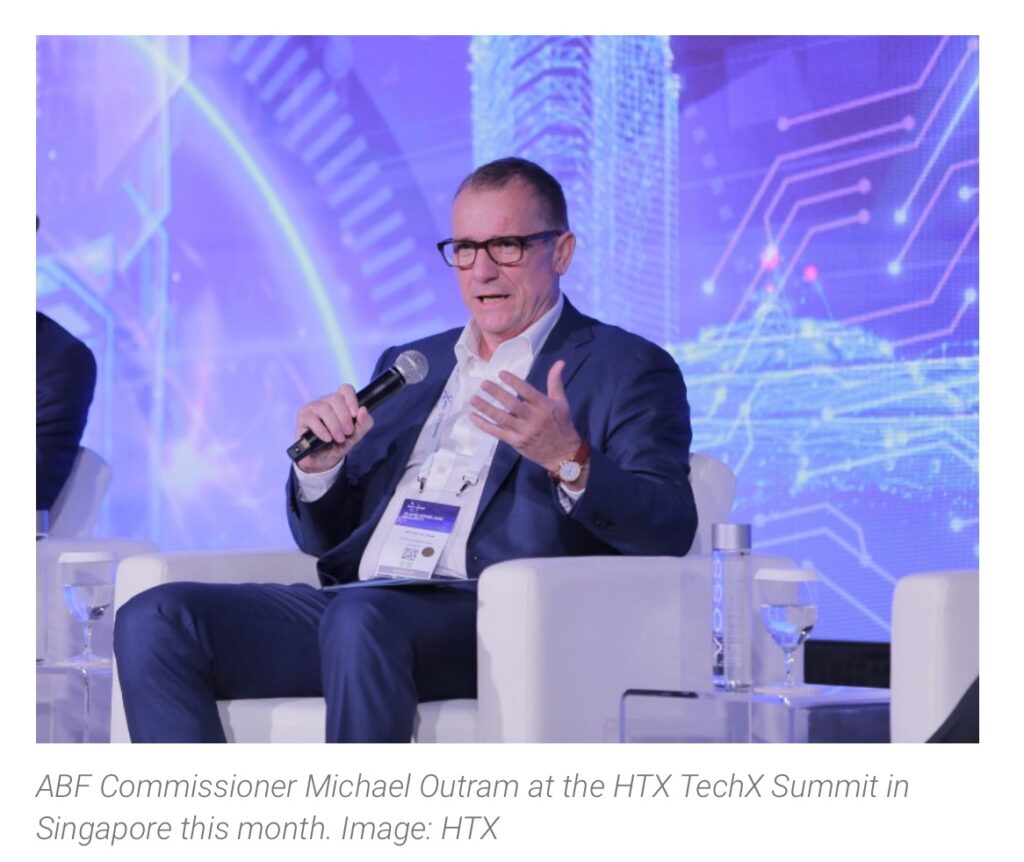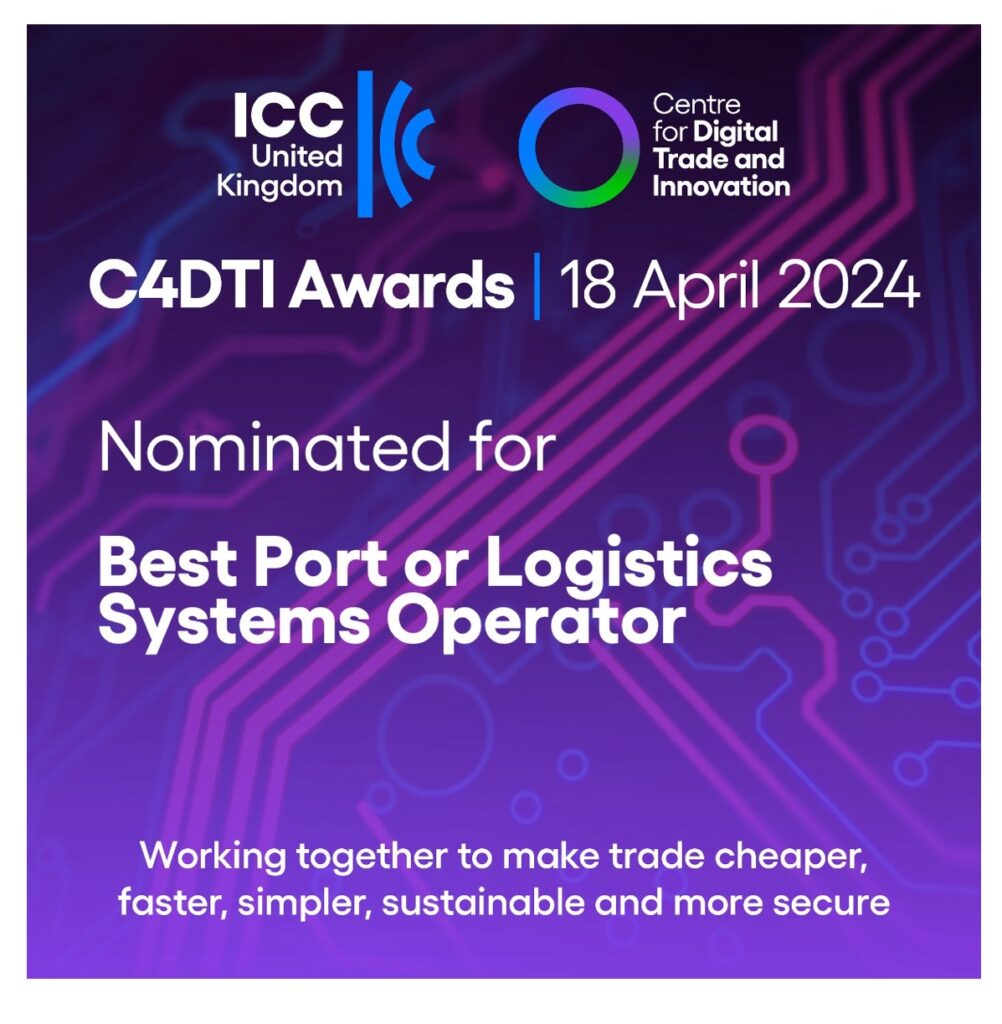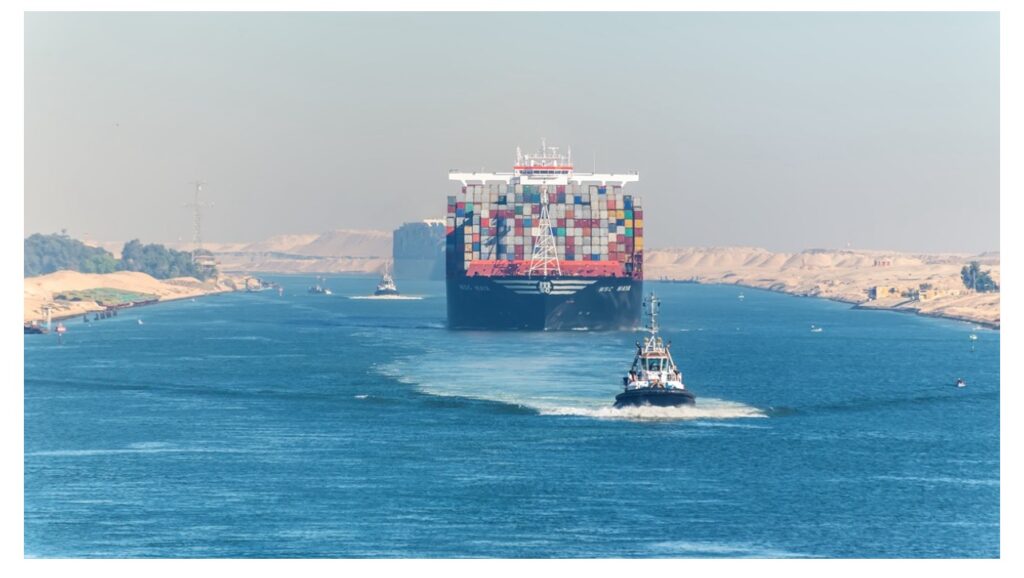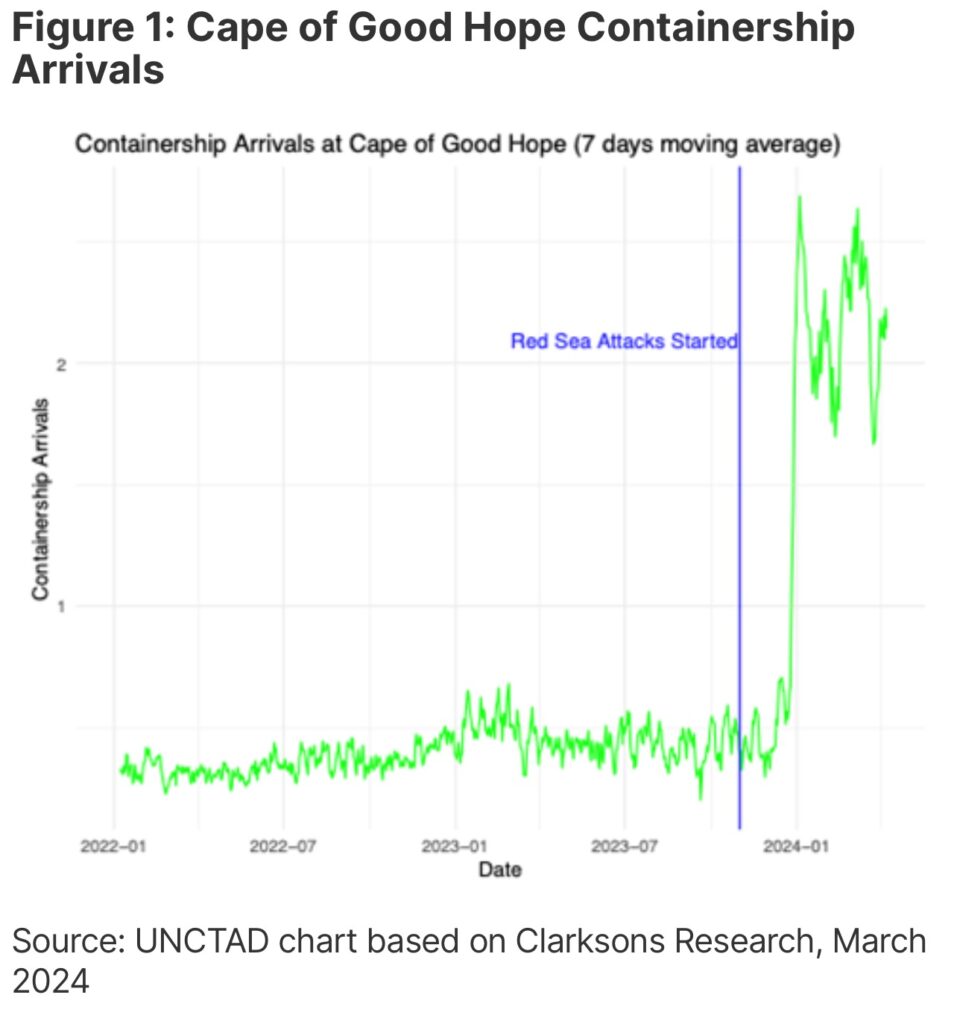Interesting interview with Commissioner Michael Outram of Australian Border Force about people & goods movement across borders in the future.

“The volume and speed of travel and trade over the next decade is going to exponentially increase, Industry in particular want more predictability in their supply chains and certainty in border arrangements. The solution is to augment and amplify the work of officers with big data and emerging technology. This starts with digitisation processors like passenger decelerations and sharing data with other nations and industry, while building up internal systems. So that we can automate far more of our screening [and] far more analysis,”
I know Michael since way back & this interview is really worth reading.
Read the interview article here:
Source:InnovationAUS.com
Time to go to London again. I have some very interesting meetings and business dinners lined up.

Tomorrow I will speak at the C4DTI Digital Trade conference. The Digital Trade Conference (DTC) is the annual, international, flagship event for ICC Centre for Digital Trade and Innovation (C4DTI).

Tomorrow night it is awards night. Maerk is nominated and shortöisted in two categories.

See you there.
The current crisis in the Red Sea has made global maritime transport more dependent on African ports. While the disruption of shipping through the Suez Canal since last November has led to delays in maritime transport in the East African economies, it has also increased sharply the vessel arrivals in African ports, particularly containerships at the Cape of Good Hope in South Africa. By early March 2024, containership arrivals at South African ports increased by 328% since early December 2023, leading to port congestion in Durban and Cape Town. Port authorities and governments in the region are currently focused on reducing congestion.

However, and to fully take advantage of the maritime business and trade growth opportunities arising from additional vessel arrivals, African countries need to invest in implementing trade facilitation measures, improving port operations, enhancing cargo handling capacity, and strengthening coordination among border agencies. Increased shipping connections to African ports not only generate business for ports but also benefit African trade. Regional cooperation, investment in digital trade facilitation and infrastructure, and development of human resources are the main three pillars required to realise this ambition and effectively succeed in this path.

Read the entire article here: UNCTAD
Source: UNCTAD






You must be logged in to post a comment.